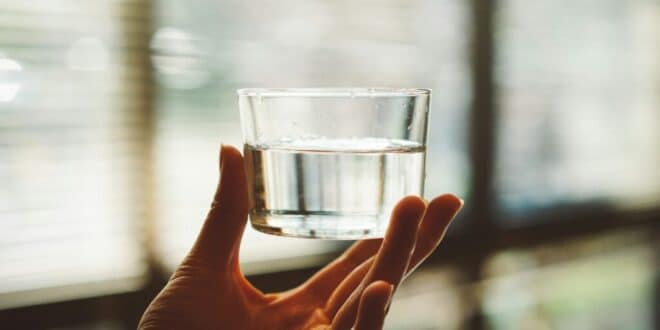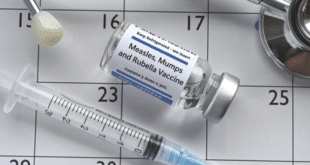Chinese researchers have developed a simple method to reduce the amount of microplastics found in drinking water by up to 90%.
Photo Credit: Manki K. Kim via Unsplash
Microplastics is fast becoming a science buzzword that’s terrifying. It is found in large quantities on the beaches and oceans. Traces of it can be found in breast milk, bone marrow, and human brains. Plastic is not biodegradable and instead breaks down into smaller and smaller pieces. This plastic then ends up in food, water and our bodies. However, there is a shockingly easy way to help stop from ingesting nanoparticles of microplastics … and it’s something anyone could do right at home.
Microplastics
Chinese researchers claim that boiling water before drinking can significantly reduce the amount of microplastics. The researchers tested water with different levels of hardness and added nano- and microplastics. They then boiled each sample for five minutes.
In hard water (water that is richer in minerals), the results were even more astounding: the process reduced nanoplastics by 90% in soft water. According to one of the authors of the study, Zimin Yu, a biomedical engineer from Guangzhou Medical University, the strategy of boiling water before consumption could ‘decontaminate’ NMPs from tap water and could alleviate human intake of the harmful substances.
Researchers postulate that it works because calcium carbonate, a mineral in hard water traps plastics within the limescale crust formed by temperature increases. Researchers suggest that you use non-plastic electric kettles, and strain the water through stainless steel filter before drinking.
It’s so easy to implement that it can be used anywhere. The efficacy of this strategy may vary as the water quality can vary greatly from one region to another. This study has a huge impact, as microplastics have been associated with multiple health problems such as a higher risk of stroke or heart attack. A study also revealed that individuals with dementia had a higher concentration in their brain of microplastics.
China’s hot-water love affair
In Asia, such as in China, Taiwan, or Indonesia, boiling water is a traditional practice. The tap water in China is not sufficiently filtered and sterilised to be consumed. This can lead to contaminants, such as rusts or bacteria, viruses, chlorines or other heavy-metals. Many Chinese “purify” water by boiling and drinking it hot. This can have many health benefits, apart from decontamination. This tradition dates back to the fourth century B.C.
The future of research into boiled-water
Researchers write that more studies are required to determine whether the boiled-water method can keep harmful minerals from entering our bodies. The scientists, however, have laid the foundations for other research to be conducted, using a larger number of samples.
 Costa News Spain Breaking News | English News in Spain.
Costa News Spain Breaking News | English News in Spain.







